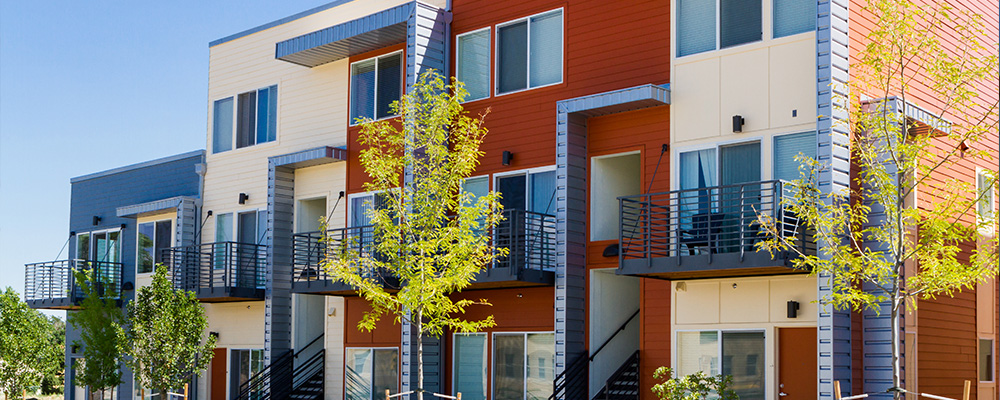
Multi-Family Market Update
February 20, 2020
The multi-family real estate asset class continues to be a favorite among real estate investors. In addition to investors viewing the multi-family asset as desirable, so do all major lending platforms. The following is a summary of how those major lender classifications currently look at multi-family financing.
- Many insurance companies continue to be underweighted in apartments and are looking to increase allocations in their existing portfolio.
- Aggressive long-term fixed rates with thin spreads that are geared to compete for low leveraged high-quality properties (rates as low as 3.00% for 10-year-fixed money).
- With interest rates at historic lows, insurance companies can provide long-term fixed rates from 10-30 years in duration.
- Loan amounts range from $1,000,000 – $100,000,000.
- Open to financing A, B, and C class multi-family properties.
- Interest-only available predicated on leverage.
- Insurance companies are typically focused on lower leverage loans, but in many cases can go higher LTV (up to 75%) as they are trying to attract this product type.
- Banks continue to provide competitive short-term loans (floating, 3, 5, 7 and 10 years).
- Minimum loan amounts are as low as $500,000.
- Depending on the transaction, bank LTV’s can get up to 75% LTV.
- For top-tier markets, some banks can execute at low DCR levels (1.15x)
- While most banks tend to take on more risk, a trend has emerged to reduce LTV’s and interest-only options as we get further in the economic cycle.
- Banks utilize flexible prepays and inexpensive execution to attract multi-family borrowers to their product.
- Agencies use interest-only options and loan amounts up to 80% LTV to appeal to borrowers in the multi-family space.
- Low-cost small balance Freddie and Fannie programs available for deals under $7,500,000.
- Fixed-rate terms from 3-30 years.
- Non-recourse.
- Agency lenders are very aggressive on affordable housing and “green” properties.
- The process can be demanding as lenders have governmental oversight.
- Agencies are finding new ways of providing rate incentives; for example, discounts are offered for low income and environmentally conscious properties.
- Able to lend in secondary and tertiary locations.
- Spreads on CMBS executions are competitive relative to agency executions.
- High leverage available (up to 80% LTV).
- Defeasance or yield maintenance prepayment penalties.
- Non-recourse execution.
- Loan amounts are typically $5 million and up.